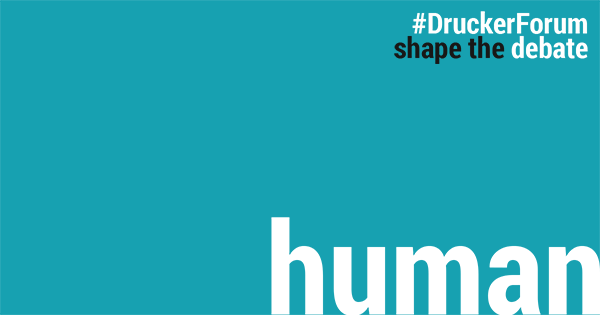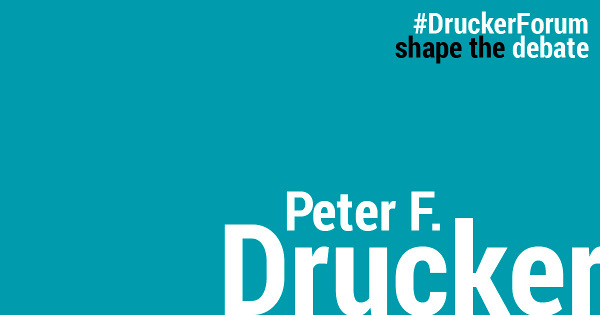As technologies mature and converge, our choices will determine whether the result is extreme centralisation and surveillance, or a humane future envisioned by Peter Drucker.[…]
Continue reading

As technologies mature and converge, our choices will determine whether the result is extreme centralisation and surveillance, or a humane future envisioned by Peter Drucker.[…]
Continue reading
Is there a need to change the current management model, which normally is not bult up around a human imperative? […]
Continue reading
Nearly sixteen years after his death at 95, Peter Drucker’s influence and impact on individuals and organizations is as strong as ever. The availability of his books, articles, and videos is wider than it was during his lifetime, and there are several institutions worldwide dedicated to preserving, curating, extending, and building upon his legacy.[…]
Continue reading
In the distant past, explorers used local landmarks and stars to navigate. This made it difficult to go to unknown places. Today, many organizations are using best practices, benchmarking, and past successes to guide their way. These are local landmarks. Local to the past[…]
Continue reading
Whether you live in Dubai, Dubrovnik, Delhi or Dakar, the global pandemic continues to be a shared human experience. We all face restrictions to our movement; we all carry anxieties about the health of our loved ones; and many of us continue to fear an uncertain future. […]
Continue reading
When I first read PD in the 1970s, I didn’t really get him. The volumes dropping on my desk – Post-Capitalist Society, The New Realities, or, bafflingly, Landmarks of Tomorrow – appeared to have little bearing on management[…]
Continue reading
Early on, I realized that continuous learning in the workplace is essential to move businesses forward and stay competitive. Yet[…]
Continue reading
Should you say “thank you” to a robot? This is not a trick question, or a philosophical one. I am interested in the practicalities[…]
Continue reading